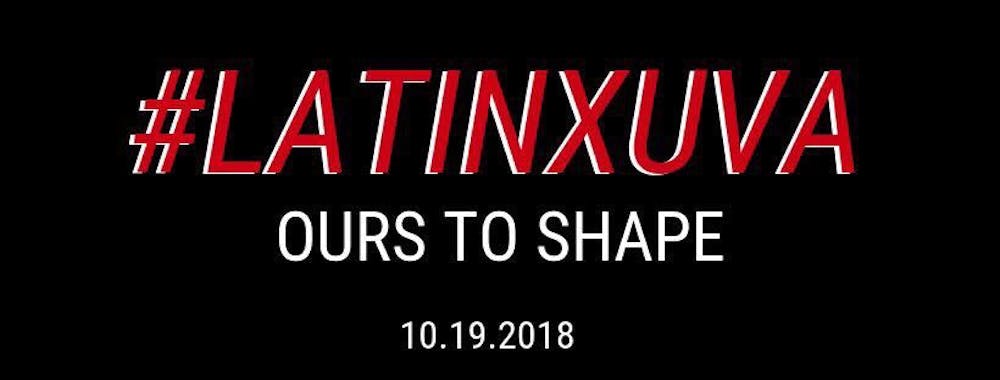Latinx students and organizations published an open letter to the University community Monday — the last day of Hispanic Heritage Month — on behalf of Hispanic/Latinx students on Grounds, calling attention to issues of institutional support and inclusion at U.Va.
The letter calls for increased recruitment of Hispanic/Latinx faculty, the availability of Spanish-translated documents for parents and students and tours in Spanish and Portuguese for potential applicants and their families.
As of Monday evening, the open letter had over 70 signing organizations and over 450 individual signatures.
Titled “We are 6%,” — representing the percentage of undergraduate students at the University who are Hispanic/Latinx — the letter addresses the enhanced diversity within the class of 2022 but noted persistent daily struggles for Hispanic/Latinx students.
“UVA cannot celebrate this when many minoritized students at the University feel underserved, underrepresented, and isolated,” the letter reads.
Kayla Dunn, a third-year College student and president of the Latinx Student Alliance, said the open letter was the culmination of long-term conversations about challenges for Latinx students.
“A lot of the sentiments that we said in the letter are not new whatsoever, they’re things that not only we have gone through … but past alumni that are Hispanic and Latinx have gone through,” Dunn said.
The letter is intended to represent the Hispanic/Latinx community at large. The campaign also employs the hashtag #OursToShape, the slogan for the University’s Bicentennial celebration.
“LSA is an organization that helps to represent the Hispanic/Latinx community at UVa, but we can’t be representative of every student here,” Dunn said. “This is really a community effort.”
In particular, the letter called for expanded support staff within Multicultural Student Services, an organization under the Office of the Dean of Students which works to promote inclusion for historically underrepresented students. MSS employs three professional staff members, with two specifically focused on programming for multicultural students.
“The staff at Multicultural Student services have gone amazing lengths to help support the multicultural community, but it should not rest on the shoulders of two staff members to support approximately a fifth of the undergraduate population at UVA,” the open letter reads.
The open letter also calls for more inclusive recruitment efforts, including Spanish-language documents for parents and students, Spanish and Portuguese admissions tours and outreach to Latinx communities.
The letter’s authors note that many of these issues are partially addressed by those within the Latinx student community, but that the burden should be shared by the U.Va. administration.
“Historically, providing and advocating for these resources has fallen on student organizations, students, and members of the community. We deserve to experience UVA as students and not as free-labored assets,” the letter reads.
The letter also highlighted a lack of Hispanic/Latinx representation among faculty. According to the University’s 2017 diversity data, there are 24 total Latinx faculty members in the College, including language departments. This total consists of approximately 2.8 percent of the faculty at large. According to the letter, there are fewer than 10 Hispanic/Latinx professors in the College outside the language departments.
Dunn said the requests included in the letter were generated through a collaborative process across organizations.
“We had multiple meetings with students … and we came together and we just talked to one another,” Dunn said. “Through personal conversations … we would say ‘what are some things about the University that you think should change for our community?’”
The open letter comes days before President Jim Ryan’s inauguration Oct. 19. Looking forward, Dunn said the Latinx community hopes to work closely with U.Va. administration for institutional change.
“In this time at U.Va. and this time of a new era, we really want to work with the administration to address these issues.” Dunn said. “We as a community want to come together and work to see those resolved, and we need the University to take accountability for these issues and work with us on them.”
A University spokesperson did not respond to a request for comment by press time.







